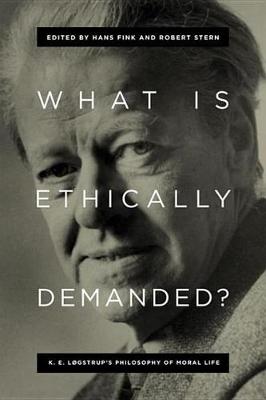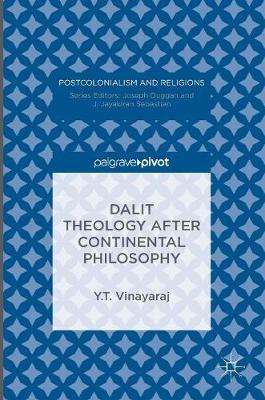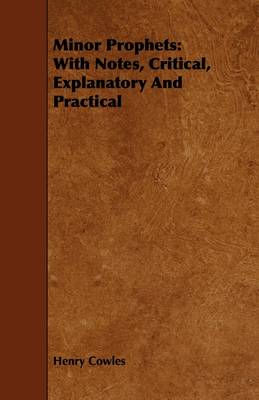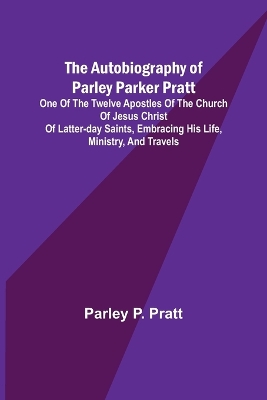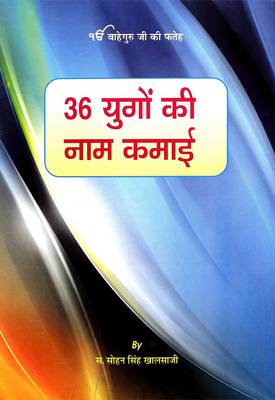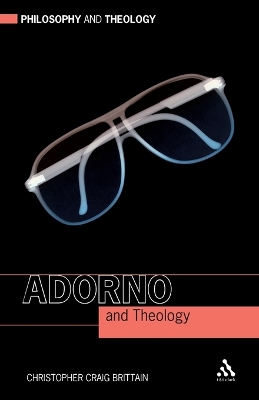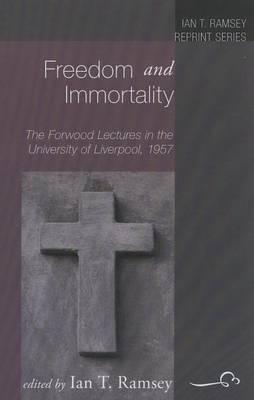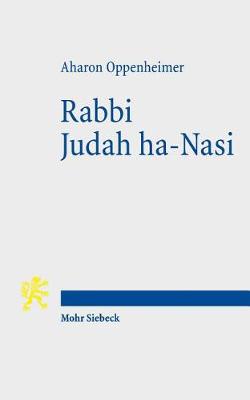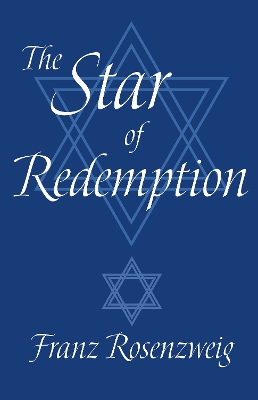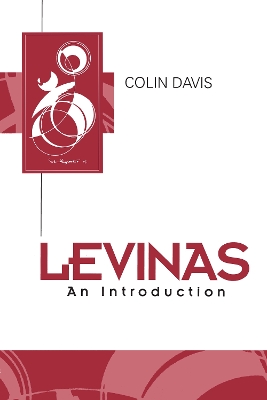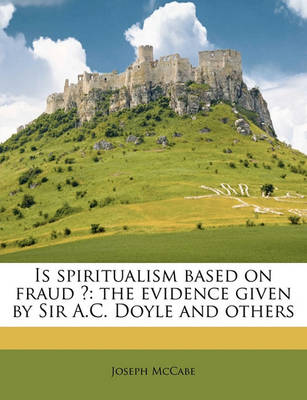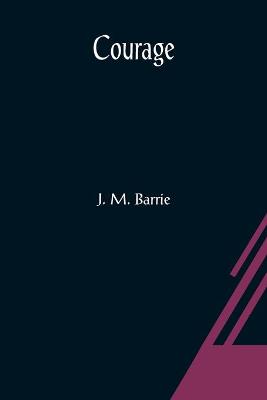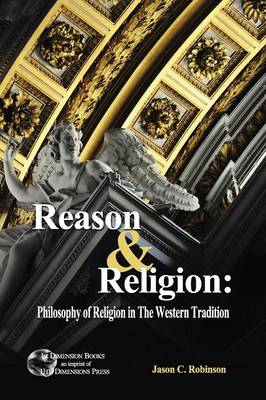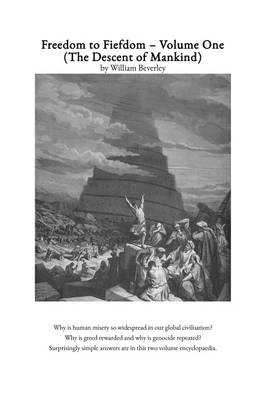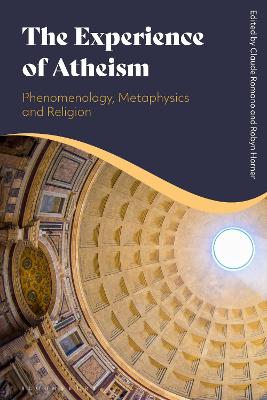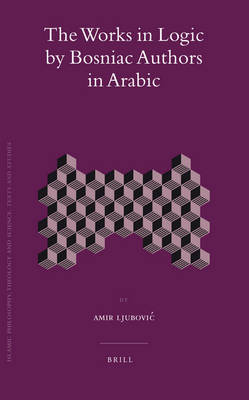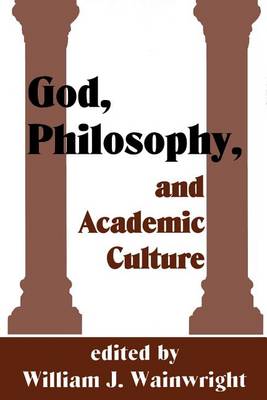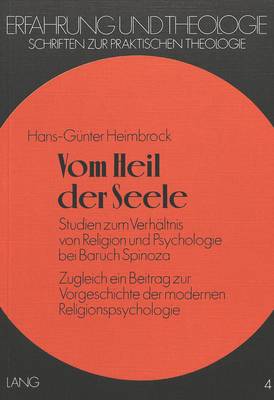This collection of essays by leading international philosophers considers central themes in the ethics of Danish philosopher Knud Ejler Logstrup (1905-1981). Logstrup was a Lutheran theologian much influenced by phenomenology and by strong currents in Danish culture, to which he himself made important contributions. The essays in What Is Ethically Demanded? K. E. Logstrup's Philosophy of Moral Life are divided into four sections. The first section deals predominantly with Logstrup's relation to...
Dalit Theology after Continental Philosophy (Postcolonialism and Religions)
by Y.T. Vinayaraj
This book, steeped in the traditions of both postcolonial theory and Continental philosophy, addresses fundamental questions about God and theology in the postcolonial world. Namely, Y.T. Vinayaraj asks whether Continental philosophies of God and the 'other' can attend to the struggles that entail human pain and suffering in the postcolonial context. The volume offers a constructive proposal for a Dalit theology of immanent God or de-othering God as it emerges out of the Lokayata, the Indian mat...
Adorno and Theology (Philosophy and Theology)
by Christopher Craig Brittain
This is an introduction to the core ideas in Theodor Adorno's work and their relevance for theology. Theodor Wiesengrund Adorno (1903-1969), the German sociologist and philosopher was one of the intellectual leaders of the post-war Frankfurt School. This book presents and analyzes Adorno's writings on theology and religion in a clear and accessible manner. It is targeted at upper level undergraduate and postgraduate students, and will not presuppose any familiarity with Adorno. The book includes...
Like the Bishop of Durham's well-known Religious Language, this book was first published in the to5os, well ahead of its time. In six lectures, Dr Ramsey takes together the two key ideas in the Christian understanding of man indicated by the title, and shows in discussing them that many of the common objections to claims of freedom and talk of immortality are in fact misconceptions, 'logical howlers'. `This is a book which should be compulsory reading in theological colleges', wrote Theology whe...
Moral Scepticism (Library of Philosophy and Religion)
by Clement Dore
The author argues, as against some very influential contemporary philosophers, that our moral judgements are frequently true. An essential premise in his argument is that God exists, that he has pro and con attitudes towards human behaviour and that these attitudes are constitutive of moral goodness and badness. The author also addresses himself to philosophers who have recently maintained that mainstream academic moral theory is defunct. As against these philosophers, the author defends a novel...
Georg Simmels Religionstheorie (Religion Und Aufklarung, #4)
by Volkhard Krech
Georg Simmel hat sich Zeit seines Lebens mit Fragen der Religion befasst. Birgt sein Gesamtwerk aber auch eine konsistente Religionstheorie? Wahrend sich die Forschung entweder auf die philosophischen oder die soziologischen Teile des Werks konzentriert, untersucht Volkhard Krech die teils fragmentarischen und verstreuten Texte Simmels zu Themen der Religion im gesamten werkgeschichtlichen Zusammenhang. Auf dieser Rekonstruktionsbasis verortet er den Ansatz Simmels im religionswissenschaftlichen...
The patriarch Rabbi Judah ha-Nasi headed the independent Jewish leadership institutions in Roman Palestine at the turn of the second and third centuries CE. He conducted the affairs of the patriarchate with a high hand, was renowned for his learning and behaved like a kind of anointed king. He was also incredibly rich, a consummate politician, and close to the Roman authorities. He made taqqanot (reforms) in the light of circumstances, and tried to cancel mitzvoth (religious regulations), such a...
The Star of Redemption (The Littman Library of Jewish Civilization)
by Franz Rosenzweig
The Star of Redemption is widely recognized as a key document of modern existential thought and a significant contribution to Jewish theology in the twentieth century. An affirmation of what Rosenzweig called "the new thinking," the work ensconces common sense in the place of abstract, conceptual philosophizing and posits the validity of the concrete, individual human being over that of "humanity" in general. Fusing philosophy and theology, it assigns both Judaism and Christianity distinct but e...
The Experience of Atheism: Phenomenology, Metaphysics and Religion
Religious and atheistic belief are presented anew in a volume of essays from leading phenomenologists in both France and the UK. Atheism, often presented as the negation of religious belief, is here engaged with from a phenomenologically informed notion of experience. The focus on experience, sparks new debates in readings of belief, faith and atheism as they relate to and complicate each other. What unites the contributors is their relationship to phenomenology as it has developed in France in...
Love in the Void (Plough Spiritual Guides: Backpack Classics)
by Simone Weil
Simone Weil, the great mystic and philosopher for our age, shows where anyone can find God. Why is it that Simone Weil, with her short, troubled life and confounding insights into faith and doubt, continues to speak to today's spiritual seekers? Was it her social radicalism, which led her to renounce privilege? Her ambivalence toward institutional religion? Her combination of philosophical rigor with the ardor of a mystic? Albert Camus called Simone Weil "the only great spirit of our time." A...
The Works in Logic by Bosniac Authors in Arabic (Islamic Philosophy, Theology and Science. Texts and Studies, #77)
by Amir Ljubovic
The book offers and explains the hypothesis that the end of the 13th century does not denote the "final stage" and the "stage of decay" of Arabic logic as the "Aristotelian logic" continues its life and development in the following period in Bosnia and Herzegovina either as a subject within the educational system, or as general propaedeutics for each scientific thought where it had skilled interpreters. The book proves that the people of Bosnia and Herzegovina used almost the same way to...
Intellectual Life in the Ḥijāz Before Wahhabism (Islamicate Intellectual History)
by Naser Dumairieh
God, Philosophy and Academic Culture (AAR Reflection and Theory in the Study of Religion)
A striking feature of the current philosophical scene is the division between those philosophers of religion primarily associated with the American Philosophical Association and those primarily associated with the American Academy of Religion. This difference is loosely correlated with two others: the comparative dominance of analytic philosophy in the APA and of hermeneutical philosophy in the AAR, and the greater visibility of traditional theists in the APA. In this book eight prominent philos...
Vom Heil Der Seele (Erfahrung Und Theologie, #4)
by Hans-Gunter Heimbrock
Die innere Komplementaritat von Spinozas Religionstheorie lasst sich unter Beachtung der psychologischen Dimension neu aufrollen: Spinoza reduziert einerseits biblische Religion auf Imagination frommer Inner- lichkeit, entwirft dazu im Gegenzug eine psychologische Heilslehre, welche Gott im Horizont des Selbst ansiedelt. Damit aber steht sein Denken in grosster sachlicher Nahe zur gegenwartigen theologischen Debatte um den Status religionspsychologischer Konzepte."
Theo-Monistic Mysticism (Library of Philosophy and Religion)
by Michael Stoeber
In response to some of the current explanations of mystic phenomena, this book proposes an interpretive framework for understanding mysticism. It clarifies various kinds of mystical experiences, suggesting they are not wholly determined by subjective categories of interpretation, and illustrates how they can be synthesized in a theistic, mystic teleology. In reference to Ramanuja, Aurobinodo, Sankara, Eckhart, Ruusbroec and Boehme, monistic experiences are understood to culminate in higher theis...

